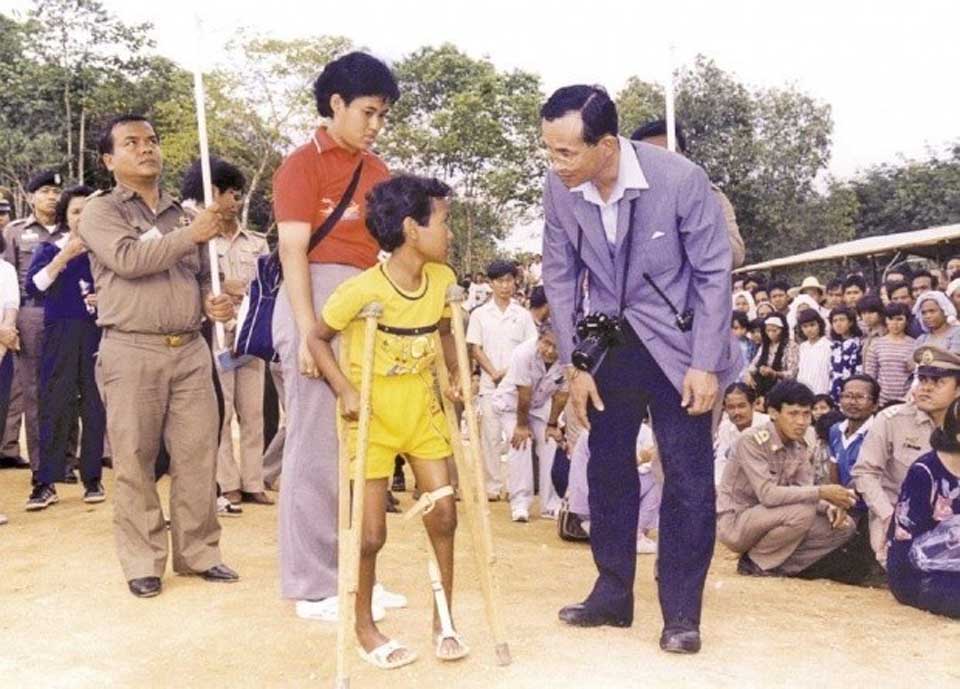
In the early 1950s a wave of Polio that can cause paralysis and death swept across Thailand. Although the Polio vaccine was developed and licensed in 1955, it was not yet available in Thailand.
At that time, HM King Bhumibol Adulyadej contributed his own finances to fight the epidemic, and donated heart-lung machines to many hospitals, including Thailand’s oldest and largest public hospital, Siriraj.
In addition, His Majesty provided physical therapy and training equipment for children with disabilities, while Her Royal Highness the Princess Mother donated walking aids.
A response to Polio was launched including fully equipped hospital wards for managing cases and equipment for long term rehabilitation for those most affected by the disease.
Beginning in 1982, Polio vaccine was made available to all Thai children as part of their routine immunisation program. Together with HM King Bhumibol’s vision of expanding to reach all his subjects, the vaccine was successfully introduced to children throughout the country. There has been no transmission of Polio in Thailand since 1997.
WHO tribute to HM King Bhumibol Adulyadej of Thailand
November 15, 2016
His Majesty was an inspiration to the World Health Organisation, as he should be for all leaders. His leadership and strong commitment to public health exemplified the most fundamental principle of Health for All People, and set a high standard to which we all should strive and build upon. His Majesty was a significant role model nationally and globally in addressing the most pressing public health issues of his time.
In improving the public health of Thailand, we will all continue to serve the legacy of His Majesty, who will always be remembered not only as a champion for health, but also as the people’s King.

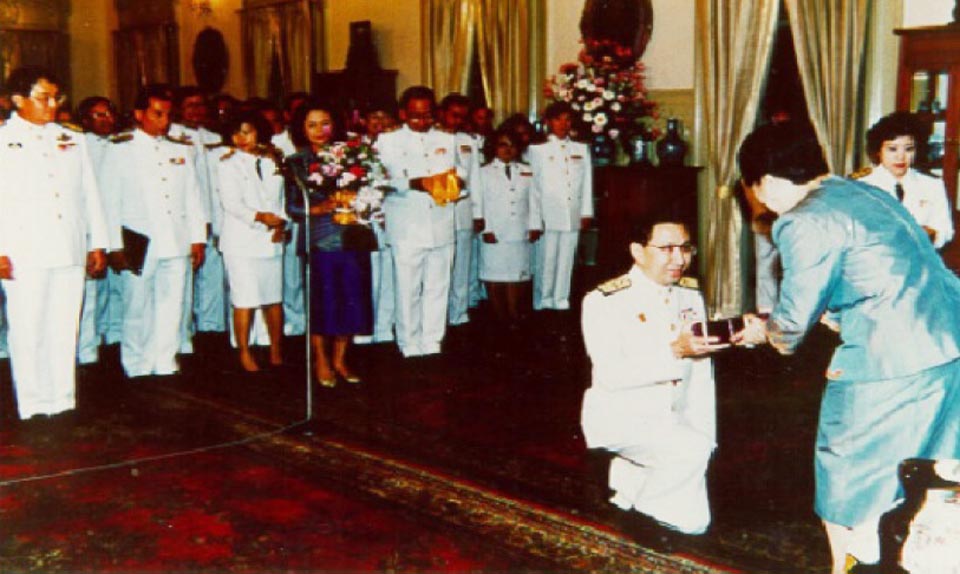
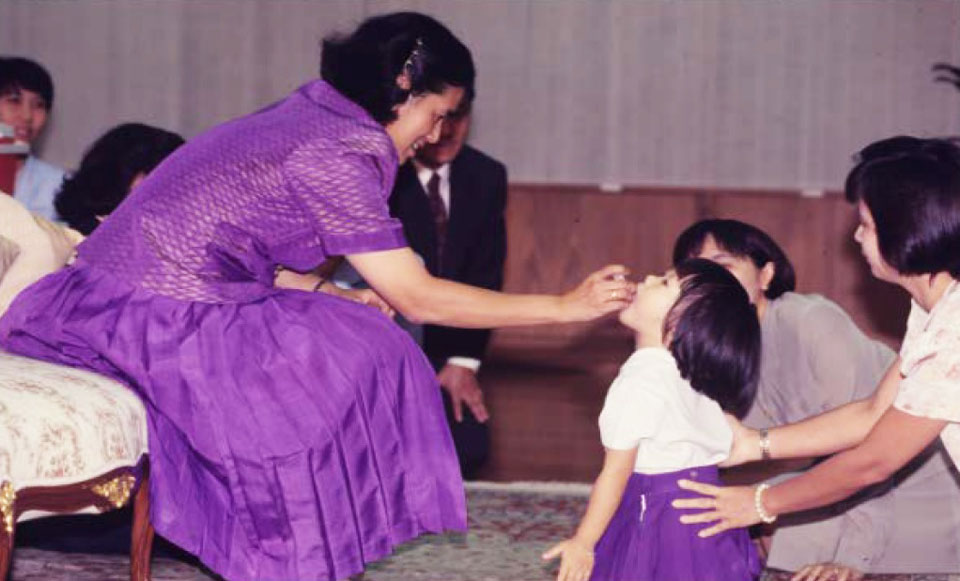
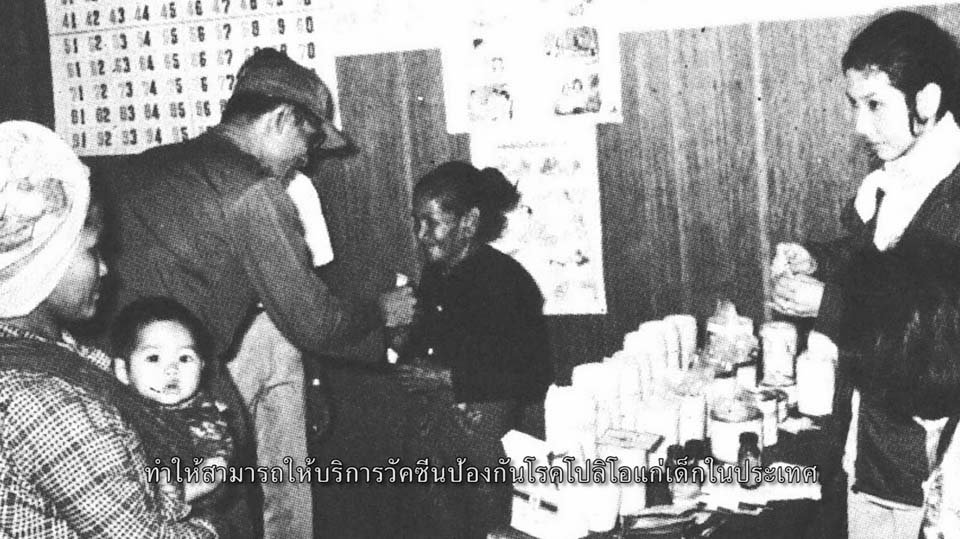
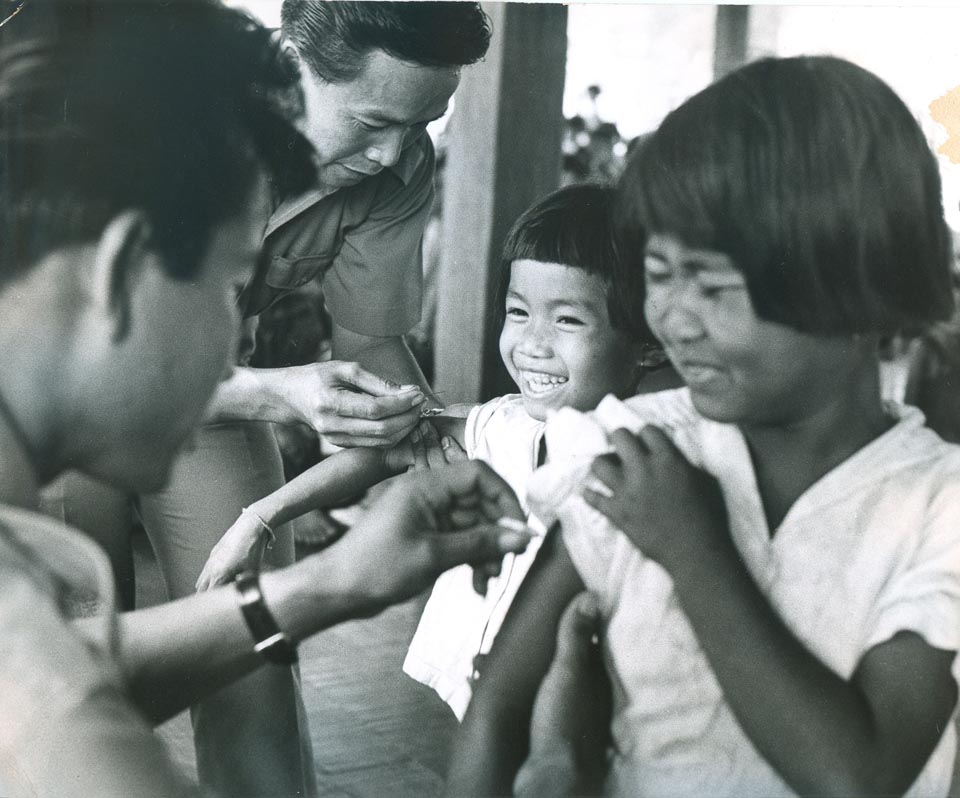
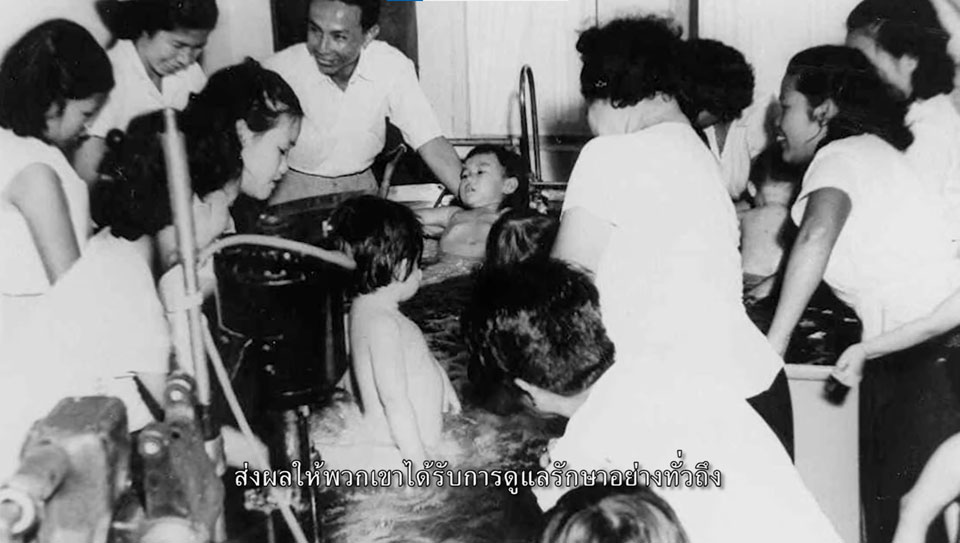
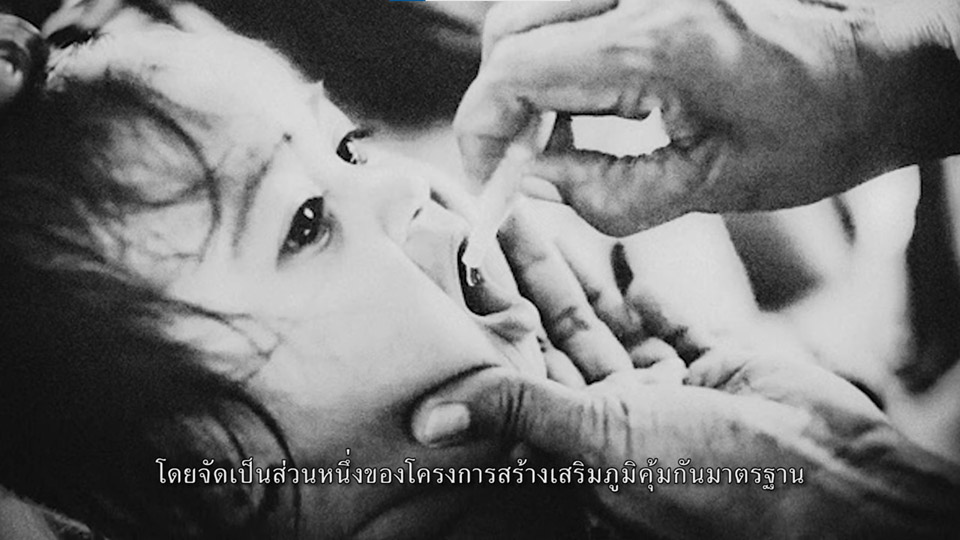
 |
 |
 |





